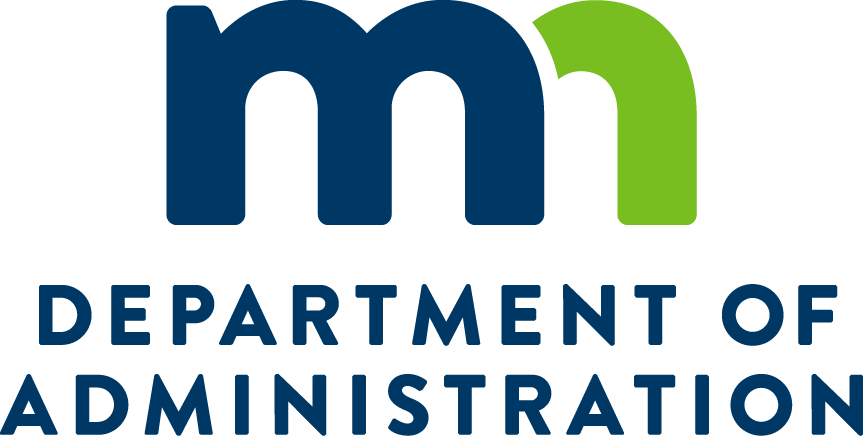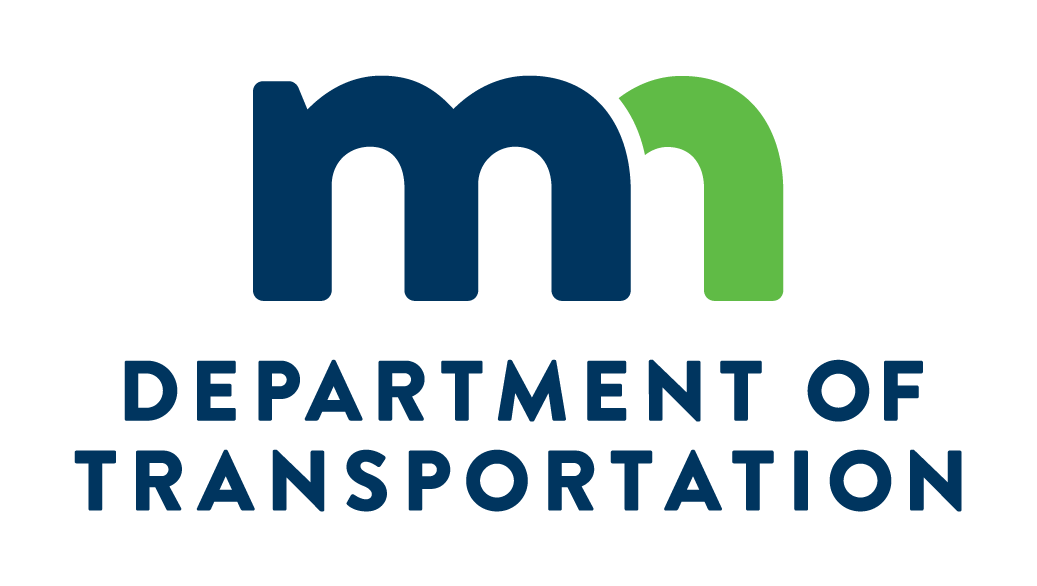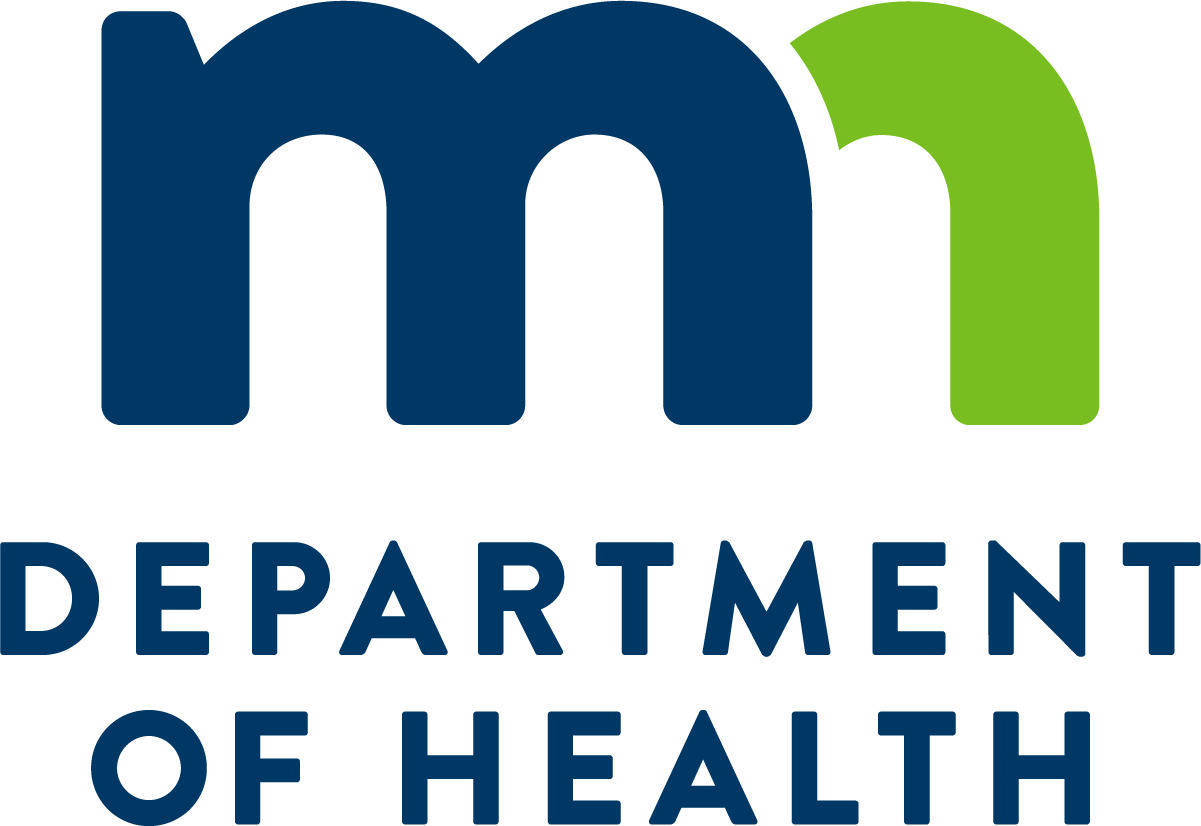Capitol Area Commutes
Capitol Area Commutes (CAC) is a collaborative partnership that seeks to reduce single-occupancy vehicle (SOV) commuting among employees working the Capitol Area of Saint Paul. By effectively managing travel and parking demand, CAC partner organizations will improve mobility, health, equity, and access to opportunity for area workers, residents and visitors.
CAC Objectives
1. Conduct robust data analysis and stakeholder engagement to inform transportation and land use policies and decisions in the area.
2. Provide employers actionable policy recommendations to encourage sustainable commuting.
3. Engage workers with information about commuting choices.
4. Explore opportunities for innovative parking solutions.
5. Catalyze development around Rice Street and University Avenue to increase the tax base, create jobs and maximize use of existing transportation infrastructure.
6. Track progress toward goals using meaningful metrics.
CAC Partners
The Capitol Area Architectural and Planning Board (CAAPB) is responsible for architectural, urban design and comprehensive land-use planning in the capitol area of St. Paul. The Board establishes zoning and design rules and grants zoning permits within a 60-block area around the Capitol Building.
The City of St. Paul has long sought to work with the State of Minnesota and the CAAPB to encourage more productive land use around the Capitol. The City identified Rice Street, from University Avenue to Pennsylvania Avenue, as a Commercial Vitality Zone.
The Facilities Management Division is responsible for managing parking and bicycling facilities and administering Metropass to state agencies within the Capitol Complex. The Office of Enterprise Sustainability sets sustainability goals for the State of Minnesota and supports individual agencies.
Move Minnesota is the designated Transportation Management Organization for St. Paul, providing employers and institutions expert TDM consulting services.
Metro Transit Commuter Programs staff support employer and institutional TDM efforts across the seven-county metropolitan area. This includes managing the regional carpool matching and Guaranteed Ride Home programs.
The Department of Transportation serves as a subject matter expert in the Capitol Area Commutes partnership.
The Department of Health serves as a subject matter expert in the Capitol Area Commutes partnership.
Capitol Area Travel Demand Management Project
The Capitol Area Travel Demand Management Project is a five-phase project that began in 2016.
Phase I: Rice Street/Capitol Parking Study (completed December 2018)
Phase II: Data Collection and Stakeholder Engagement
Phase III: Action Plan Development
Phase IV: Action Plan Implementation
Phase V: Tracking Progress
What is Travel Demand Management?
Travel Demand Management (TDM) is a set of strategies meant to maximize use of our existing transportation network and parking infrastructure; this is done by:
• increasing the number of people per vehicle,
• shifting travel trips to off-peak times, or
• eliminating trips altogether.
Making the most of the existing roads and parking structures is more cost efficient and environmentally sustainable than adding lanes or parking spaces.
Employers and institutions are vital to all TDM strategies, since many workers choose their commute mode based on the options available at or near their worksite. When employers invest in transportation options and implement innovative policies, employees are more likely choose transit, carpooling, vanpooling, bicycling, walking, or teleworking.
CAC Studies




